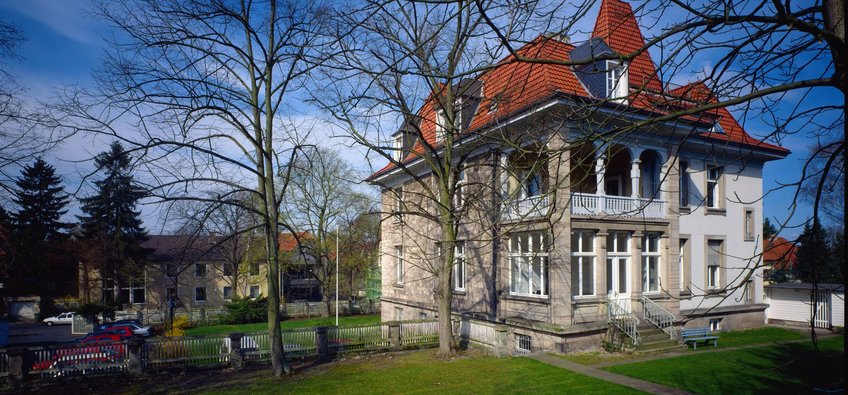
Max Planck Institute for the Study of Religious and Ethnic Diversity
This Max Planck Institute is primarily concerned with research into various forms of diversity. In today’s societies, people of varying ethnic and religious backgrounds often live side by side. The spectrum ranges from peaceful multiculturalism to bloody conflict – but when does the one occur and when the other? Through wide-ranging empirical studies and by developing theoretical concepts, the Göttingen-based Institute seeks to broaden our understanding of these issues of human coexistence. The main focus of this work is on basic research, but in some instances it extends as far as advising on political policy.
Contact
Hermann-Föge-Weg 1137073 Göttingen
Phone: +49 551 4956-0
Fax: +49 551 4956-170
PhD opportunities
This institute has no International Max Planck Research School (IMPRS).
There is always the possibility to do a PhD. Please contact the directors or research group leaders at the Institute.






